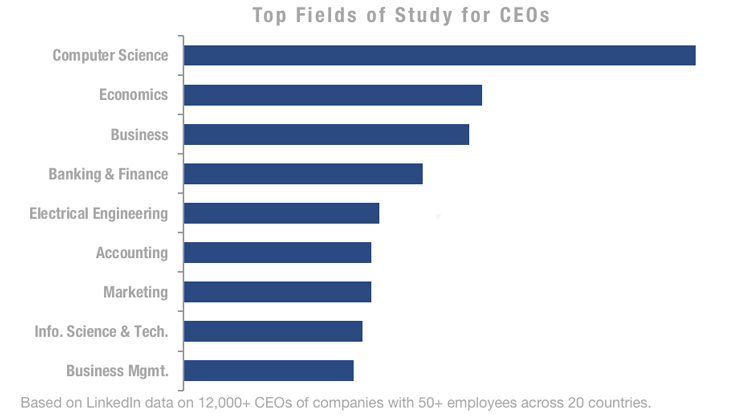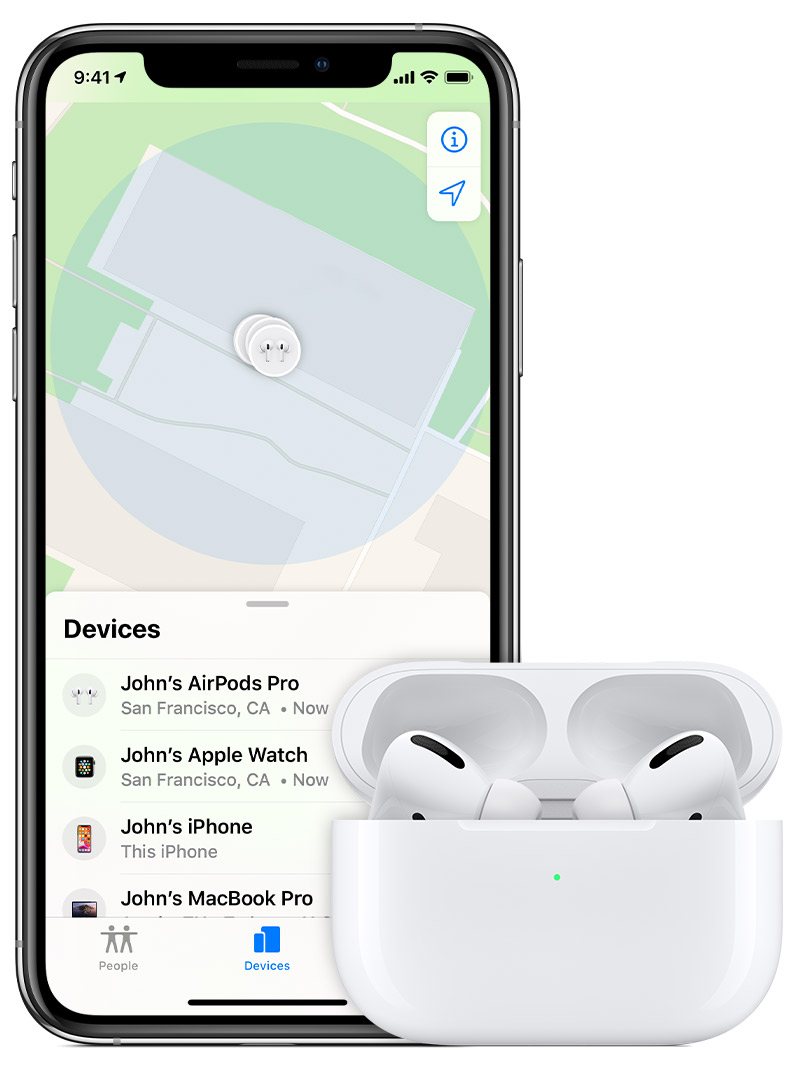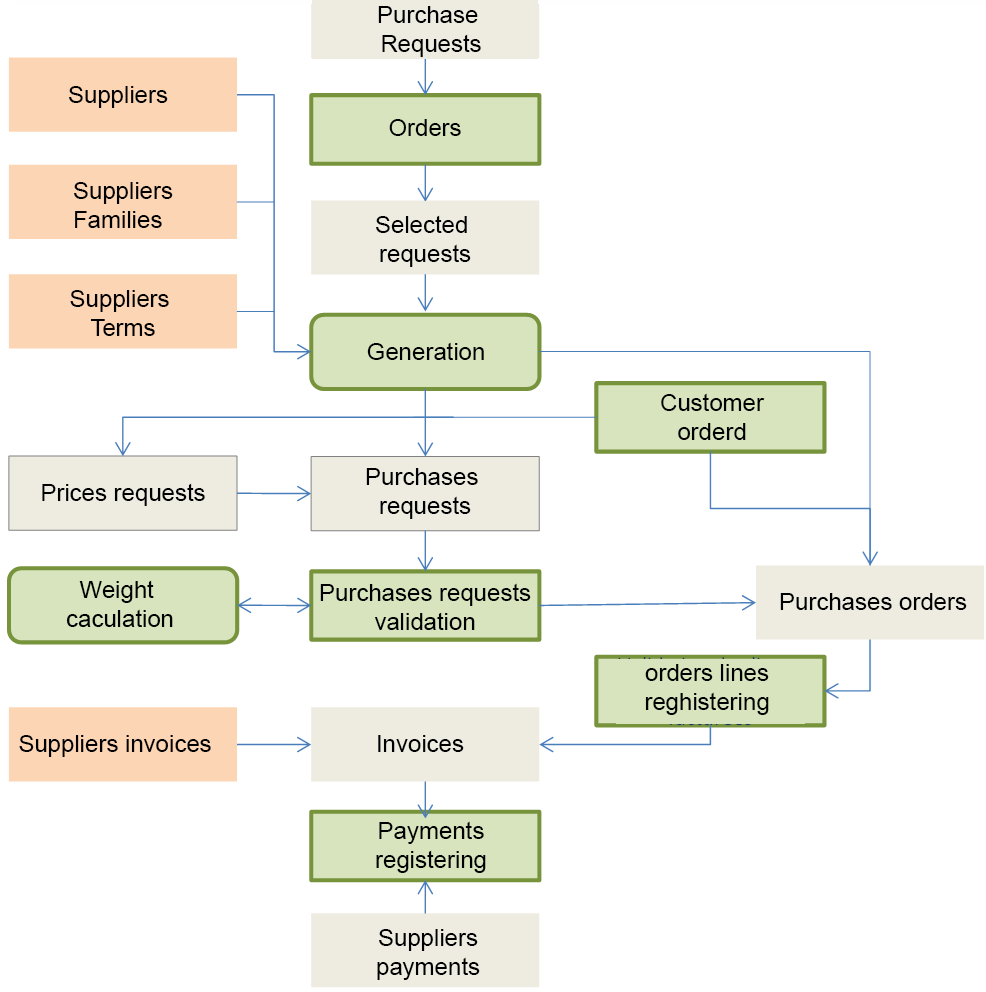Bluetooth Low Energy BLE is a low power wireless communication technology that can be used over a short distance to enable smart devices to communicate. Some of the devices you interact with every day such as your smart phone smart watch fitness tracker wireless headphones and computer are using BLE to create a seamless experience between your devices.
 Bluetooth Vs Bluetooth Low Energy Ble Difference Headphones Soundbars Portable Bluetooth Speakers Smart Watche Bluetooth Low Energy Bluetooth Smart Watch
Bluetooth Vs Bluetooth Low Energy Ble Difference Headphones Soundbars Portable Bluetooth Speakers Smart Watche Bluetooth Low Energy Bluetooth Smart Watch
Bluetooth Low Energy BLE is a subset of Bluetooth 5.

What is bluetooth low energy. Bluetooth Low Energy or more popular as BLE or Bluetooth LE this was introduced in the Bluetooth 40 specification and was a low power consumption protocol especially for IOT based implementations. When talking about Bluetooth Low Energy vs. Bluetooth Low Energy Bluetooth LE is ideally suited to connectivity in products that require only periodic transfer of data and not continuous streaming of data.
Advertisements Part 1 To fully understand advertisements in BLE we need to take a step back and learn about one of the layers within the architecture of BLE. Last Update date. With Bluetooth LEs power consumption applications can.
BLE was created with IoT applications in mind which has particular implications for its design. Bluetooth Low energy is an ultra-low power version of Bluetooth meant for low power sensors and accessories. Overview of Bluetooth Low Energy.
The Bluetooth V40 specification also known as Bluetooth Low Energy was well suited for this task as a relatively short-range communication protocol about 60 m unobstructed that utilizes broadcast messages to allow nearby devices to advertise their presence and the type of. BLE was originally released in 2010 and it created a new stack of Bluetooth protocols that used significantly less power without a loss of range. Bluetooth Low Energy BLE is a technology adapted to the industrial environment since it allows the rapid exchange of information that can be energy consuming such as temperature humidity or movement.
The Generic Access Profile GAP. Typically one hears about BLE beacons which are BLE devices which send out Bluetooth signals to electronic devices in the vicinity. BLE uses new PHY new radio and new protocol stack compare to generic bluetooth.
2020 Bluetooth low energy Bluetooth LE or BLE is a wireless technology which is aimed for a wide range of applications. 3ms from start to finish. How Bluetooth Low Energy Works.
This makes Bluetooth Low Energy suitable to IOT applications such as building automation and lighting. Following are the features of BLE referred as Bluetooth Low Energy. Bluetooth Low Energy hit the market in 2011 as Bluetooth 40.
Bluetooth and BLE Bluetooth Low Energy are Wireless Personal Area Network WPAN standards. As a result Bluetooth low energy was developed to provide connectivity to these small sensors while needing extremely low battery power. Bluetooth the key difference is in Bluetooth 40s low power consumption.
Compared to previous Bluetooth technologies BLE is intended to provide considerably reduced power consumption and lower cost while maintaining a similar communication range with the devices. To enable reliable operation in the 24 GHz frequency band it leverages a robust frequency-hopping spread spectrum approach that transmits data over 40 channels. It is ideal for applications that do not require continuous connection but depend on long battery life.
Its separate from Bluetooth 5 and 51. Since then BLE has ushered in a new era of low-powered Internet of Things IoT devices. All this while ensuring a battery life.
The Bluetooth Special Interest Group SIGa community of over 34000 companies that produce and design products that use wireless technologyannounced Bluetooth LE at CES 2020. Its goal is to connect devices over a relatively short range. Bluetooth low energy formerly known as Bluetooth Smart is a universal low-power wireless standard that makes it easy to connect any product to a smartphone or tablet.
It uses asynchronous connectionless MAC which helps to achieve low latency and fast transactions eg. GAP provides a framework that defines how BLE devices interact with each other. The iPhone 5 has a 1440 mAh battery.
Bluetooth Low Energy is a power-conserving variant of Bluetooth personal area network technology designed for use by Internet-connected machines and appliances. Bluetooth Low Energy LE The Bluetooth Low Energy LE radio is designed for very low power operation. It is not suitable for streaming audio but for eg.
Since Bluetooth 40 was introduced there is Bluetooth High Speed Bluetooth Classic BC and Bluetooth Low Energy BLE. The first one is a solution that combines Bluetooth and WiFi as the transport layer to reach a high transfer speed but it requires a combo chip Bluetooth WiFi which is relatively expensive. Bluetooth Low Energy LE Audio is a new standard for low-power audio transmission over Bluetooth.
Also marketed as Bluetooth Smart Bluetooth LE was introduced in the Bluetooth 40 specification as an alternative to Bluetooth Classic. What Is Bluetooth Low Energy BLE. A beacon advertising its location using Bluetooth LE can work for 5-10 years on a battery the size of an iPhone 5 with a single.
Bluetooth LE requires very little power. Bluetooth Low Energy is a wireless personal area network technology designed by the bluetooth Special Interest Group SIG. Bluetooth Low Energy is a wireless low-power personal area network that operates in the 24 GHz ISM band.
Although that may sound like something negative its actually extremely positive when talking about M2M communication. Bluetooth Low Energy is developed to take care of. Bluetooth low energy provides the technology to connect these two.
 Finance And Business Analytics Jobs Financeviewer
Finance And Business Analytics Jobs Financeviewer 












